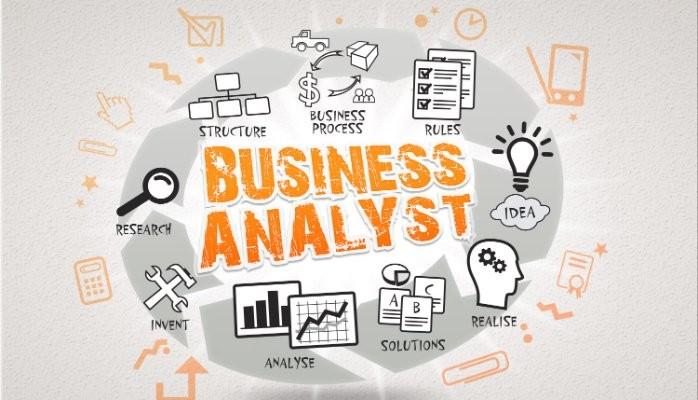
Key Components of Business Analyst Course Curriculum
Introduction
The curriculum for a Business Analyst Course typically encompasses a wide range of topics aimed at equipping individuals with the necessary skills and knowledge to excel in the role of a business analyst.
Components of a Business Analyst Course
Here are some key components commonly found in such a curriculum:
- Introduction to Business Analysis: Provides an overview of the role of a business analyst, including responsibilities, importance in organisations, and career paths.
- Requirements Gathering and Analysis: Coverage on this topic in a Business Analyst Course includes techniques for eliciting, analysing, documenting, and managing requirements from stakeholders. This includes understanding business needs, defining scope, and prioritising requirements.
- Business Process Modelling: Teaches students how to model current and future state business processes using techniques such as BPMN (Business Process Model and Notation). Emphasises process improvement and optimisation.
- Data Analysis and Visualisation: Introduces students to data analysis techniques, including data querying, cleaning, and visualisation. Covers tools like Excel, SQL, and data visualisation software.
- Software Tools for Business Analysis: Familiarises students with popular tools used by business analysts, such as requirements management software (for example, JIRA, Trello), diagramming tools (for example, Visio, Lucidchart), and collaboration platforms (for example, SharePoint, Confluence).
- Stakeholder Management: Focuses on strategies for identifying and engaging stakeholders, managing their expectations, and resolving conflicts. A Business Analysis Course would ensure inclusive learning in these areas by imparting effective communication and relationship-building skills.
- Systems Analysis and Design: Provides an understanding of the systems development lifecycle (SDLC) and the role of the business analyst in system design and implementation. Covers requirements traceability and validation.
- Quality Assurance and Testing: Discusses testing strategies, test planning, and test case development. Covers techniques for ensuring that delivered solutions meet quality standards and fulfil business requirements.
- Agile Methodologies: Introduces agile principles and practices, including Scrum and Kanban. A Business Analyst Course would also include hands-on assignments for training on agile roles and ceremonies, and on how they impact the business analyst role.
- Documentation and Reporting: Teaches students how to create clear, concise documentation, including business requirements documents, functional specifications, and use cases. Emphasises the importance of documentation throughout the project lifecycle.
- Change Management: Explores strategies for managing change within organisations, including change impact assessment, stakeholder engagement, and training. Discusses the role of the business analyst in facilitating change.
- Professionalism and Ethics: Addresses ethical considerations in business analysis, including confidentiality, conflict of interest, and professional conduct. Emphasises the importance of integrity and honesty in the role of a business analyst.
- Case Studies and Practical Applications: Integrates real-world case studies and practical exercises to apply theoretical concepts to practical scenarios. Provides opportunities for students to develop critical thinking and problem-solving skills.
- Industry-Specific Knowledge: Depending on the focus of the course, may include modules on specific industries such as finance, healthcare, or IT, covering industry terminology, regulations, and best practices.
- Professional Development and Certification Preparation: Provides guidance on career development opportunities, including professional certifications such as the Certified Business Analysis Professional (CBAP) or the Entry Certificate in Business Analysis (ECBA). Prepares students for certification exams.
Summary
These key components are typically designed to provide a comprehensive understanding of the business analyst role and prepare students to apply their skills effectively in various organisational contexts. The specific content and emphasis in each Business Analysis Course may vary depending on the institution offering the course and the target audience.
Business Name: ExcelR- Data Science, Data Analytics, Business Analyst Course Training Mumbai
Address: Unit no. 302, 03rd Floor, Ashok Premises, Old Nagardas Rd, Nicolas Wadi Rd, Mogra Village, Gundavali Gaothan, Andheri E, Mumbai, Maharashtra 400069, Phone: 09108238354, Email: enquiry@excelr.com.



